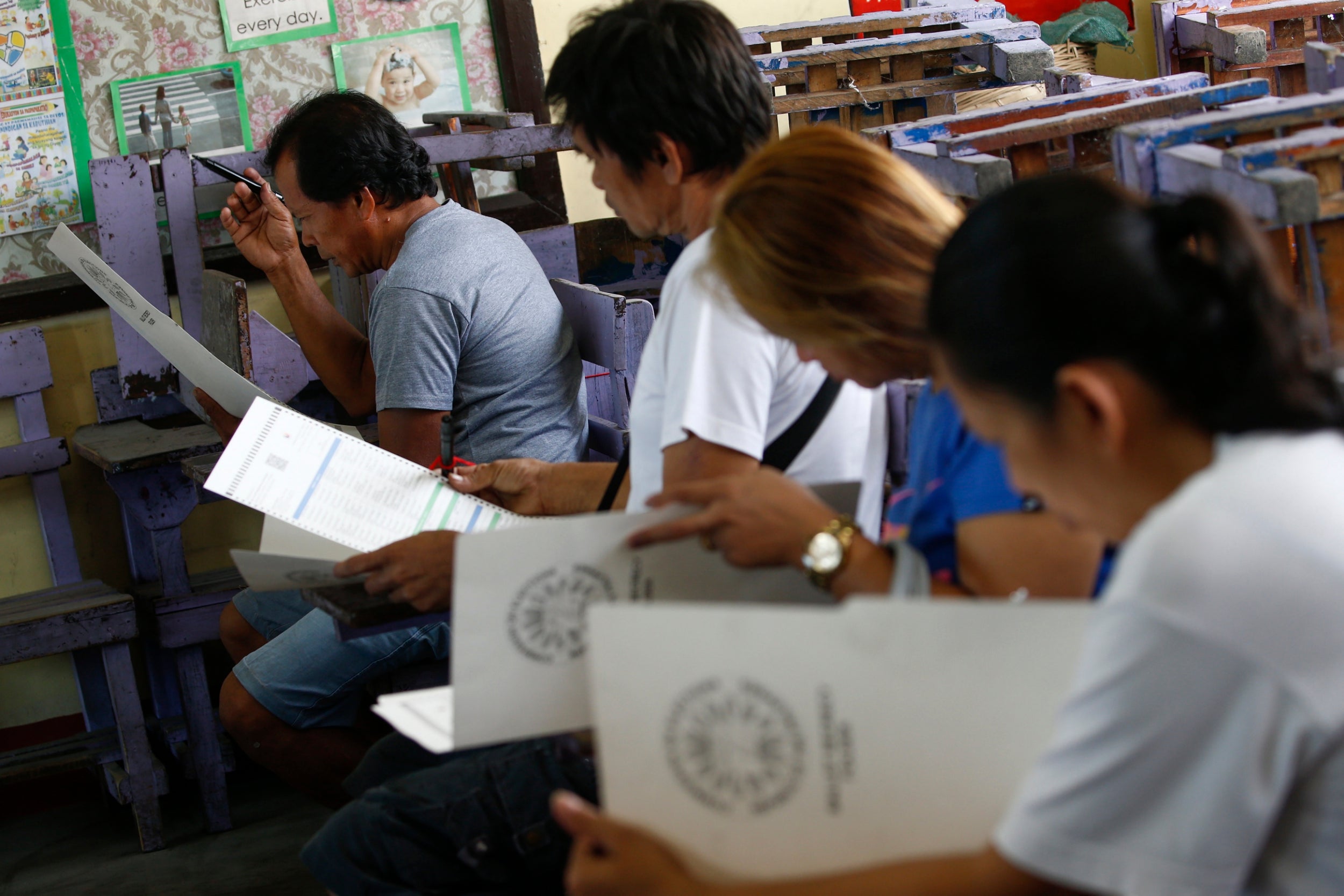Florida must offer election ballots in Spanish, judge rules
32 counties have to produce Spanish language ballots and registration materials by 2020

Your support helps us to tell the story
From reproductive rights to climate change to Big Tech, The Independent is on the ground when the story is developing. Whether it's investigating the financials of Elon Musk's pro-Trump PAC or producing our latest documentary, 'The A Word', which shines a light on the American women fighting for reproductive rights, we know how important it is to parse out the facts from the messaging.
At such a critical moment in US history, we need reporters on the ground. Your donation allows us to keep sending journalists to speak to both sides of the story.
The Independent is trusted by Americans across the entire political spectrum. And unlike many other quality news outlets, we choose not to lock Americans out of our reporting and analysis with paywalls. We believe quality journalism should be available to everyone, paid for by those who can afford it.
Your support makes all the difference.Thanks to a ruling by federal judge Mark Walker Friday, 32 Florida counties will have to begin producing election and voter registration materials in Spanish for the 2020 election and any election which may arise before then.
Florida is the third most populous state in the United States and also has the third largest Hispanic community, according to a 2013 study the Pew Research Centre. Nearly one in five Floridians speak Spanish as a first language. While many of Florida's 67 counties already offer Spanish language election materials, nearly half do not.
A suit filed in 2018 by Marta Valentina Rivera Madera sought to change that. Mr Walker's decision ultimately hinged on the influx of voters from Puerto Rico, such as Ms Madera, who had moved to Florida in the wake of Hurricane Maria which ravaged the Caribbean island.
Though the more than 30,000 Puerto Ricans who have moved to Florida since the 2017 storm are just a drop in the water of Florida's more than 4m Spanish speakers, the Federal Voting Rights act stipulates that if a student is educated in an American school where English is not the primary language, they cannot be denied the right to vote just because they cannot understand the language of the ballot.
While most Florida schools employ English as the primary language, most Puerto Rican schools teach in Spanish. As a US territory, they are still American schools and their graduates in Florida are afforded the rights to vote under federal law, Judge Walker found.
"I am looking forward to exercising my right to vote as I always have in Puerto Rico," a 2018 press release from Ms Rivera said. "I want to be able to vote in the language I speak best because I take voting very seriously and have always educated myself about the candidates and issues before casting my ballot."
The counties must produce both physical and electronic materials as well as make an effort to hire and train bilingual poll workers, CNN reported.
"Compliance with this order is not optional," Walker wrote in the ruling. "This court will not hesitate to use every tool the law provides to enforce this order."
Subscribe to Independent Premium to bookmark this article
Want to bookmark your favourite articles and stories to read or reference later? Start your Independent Premium subscription today.
Join our commenting forum
Join thought-provoking conversations, follow other Independent readers and see their replies
Comments